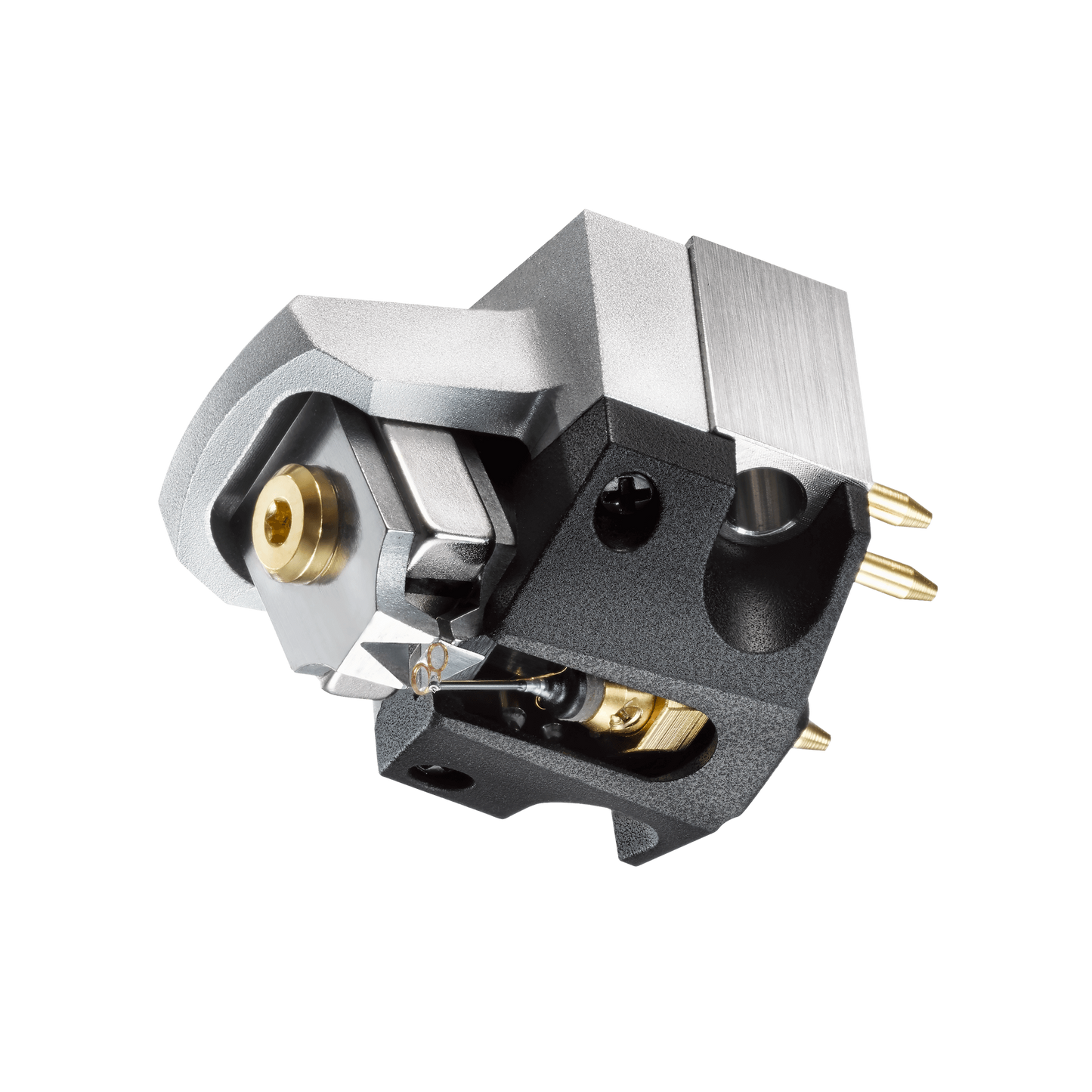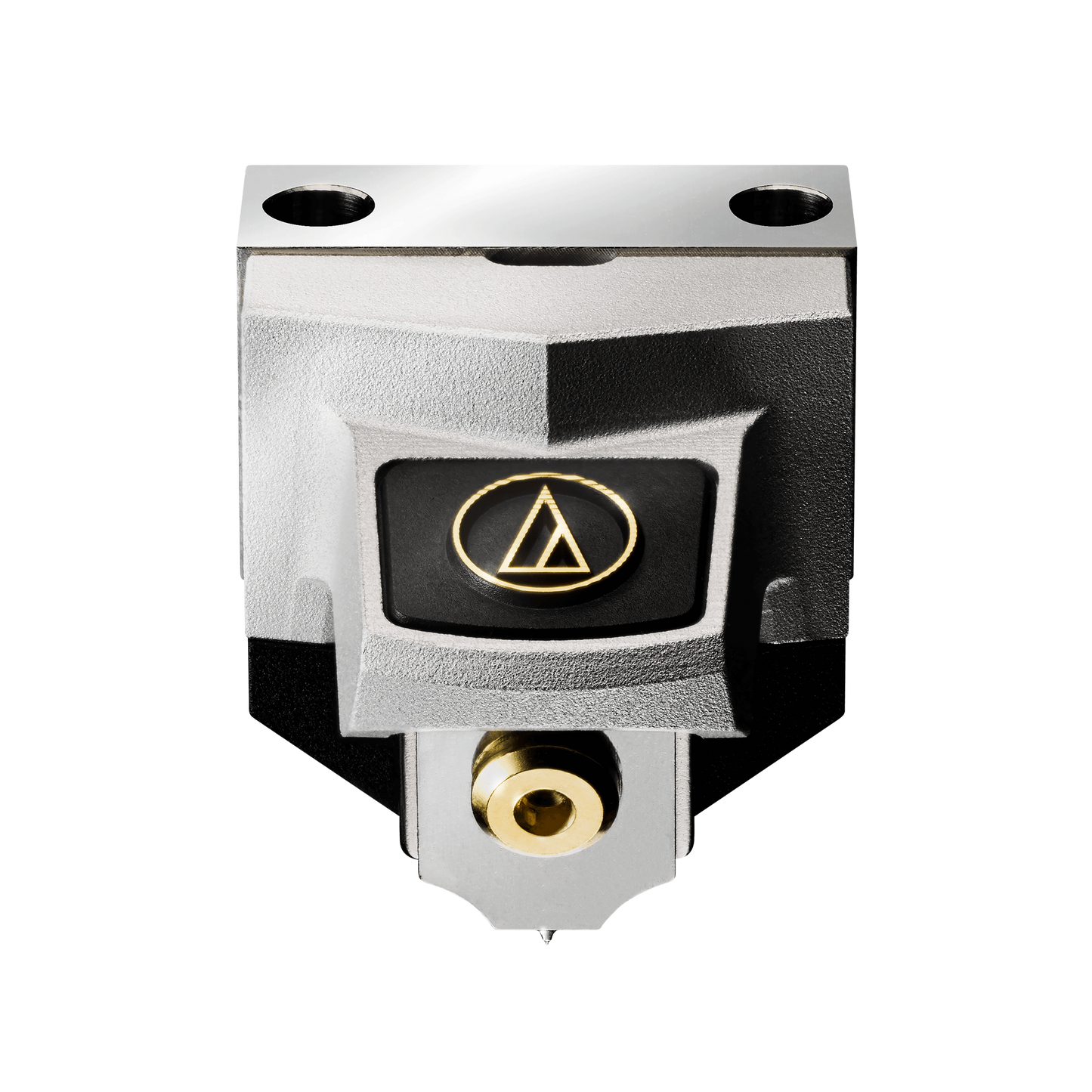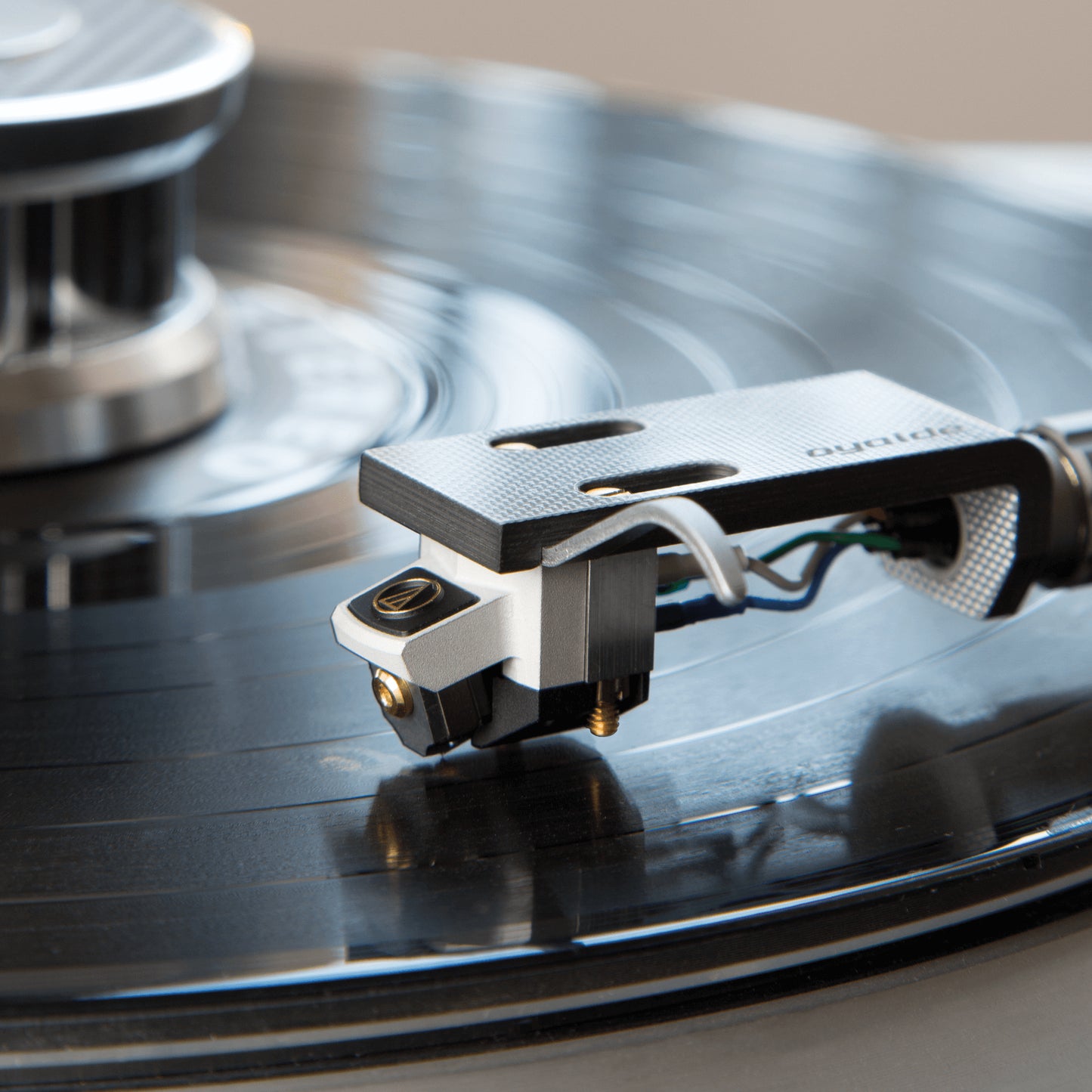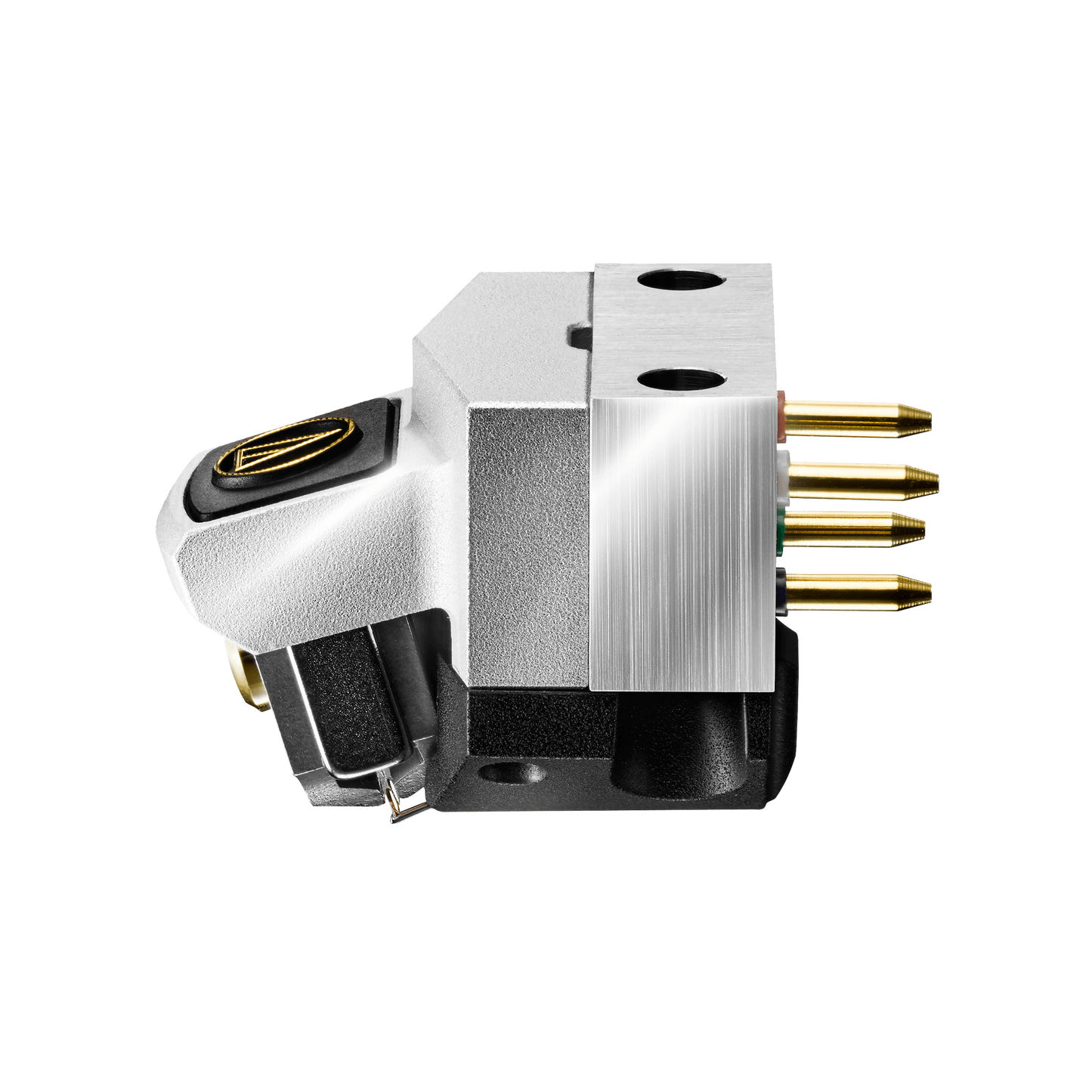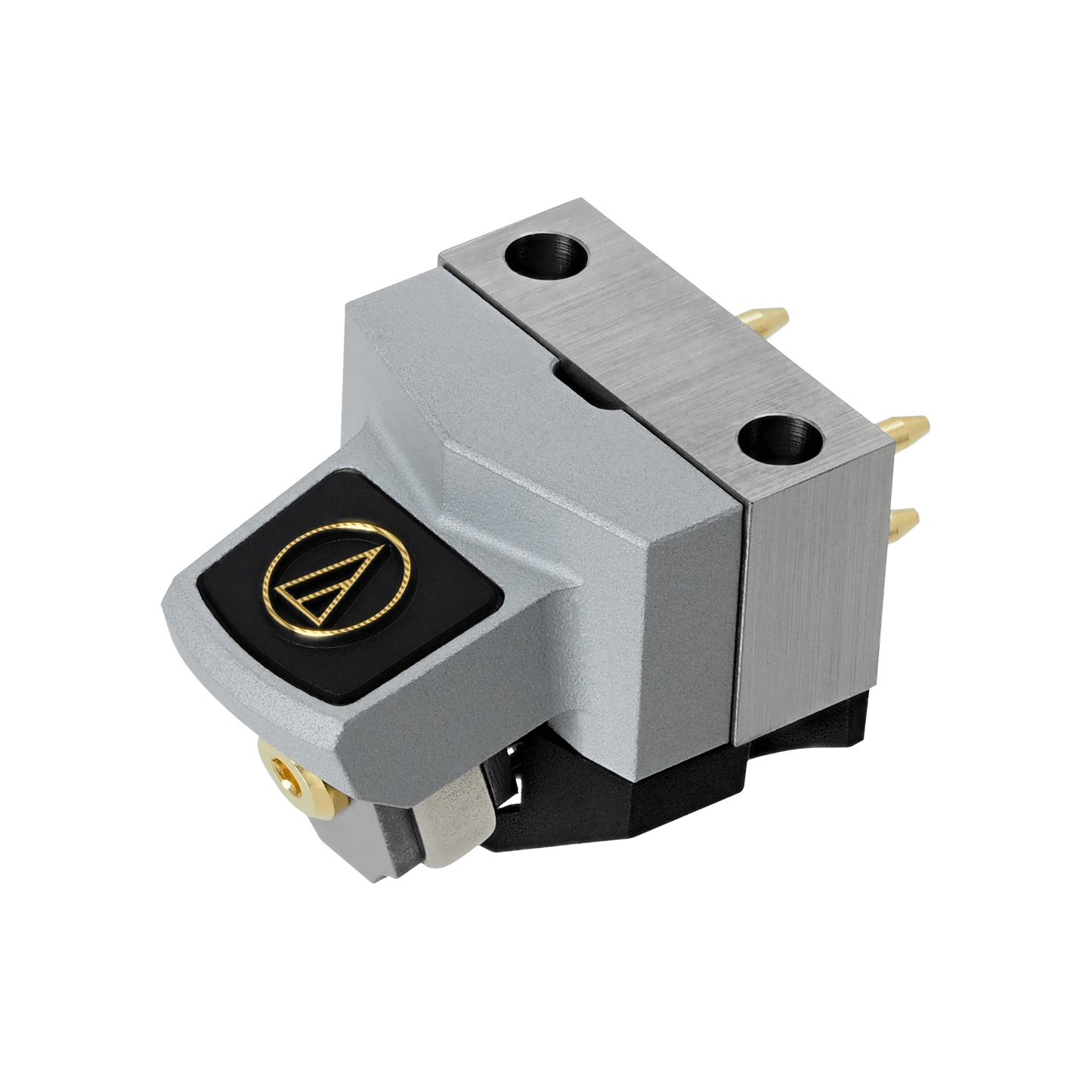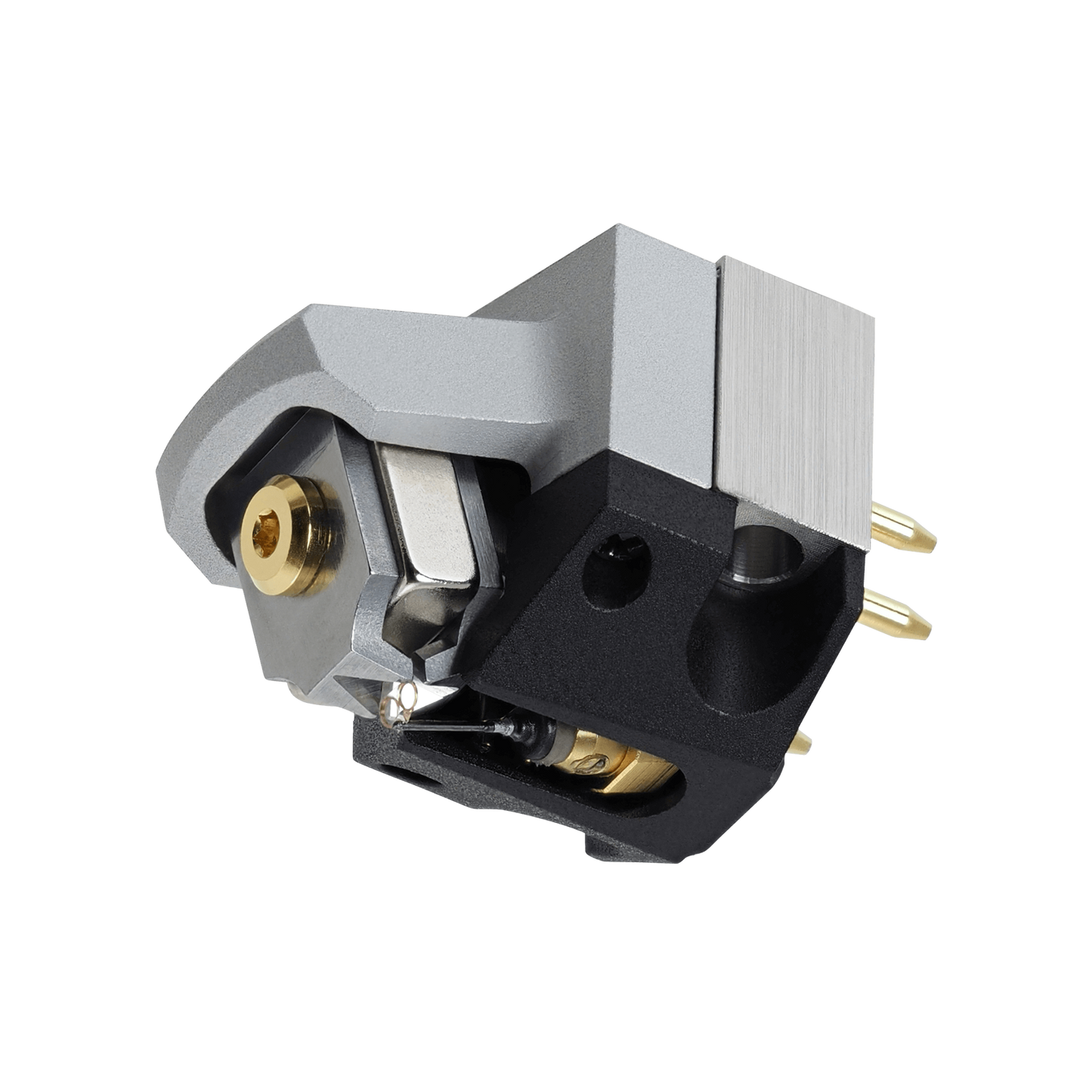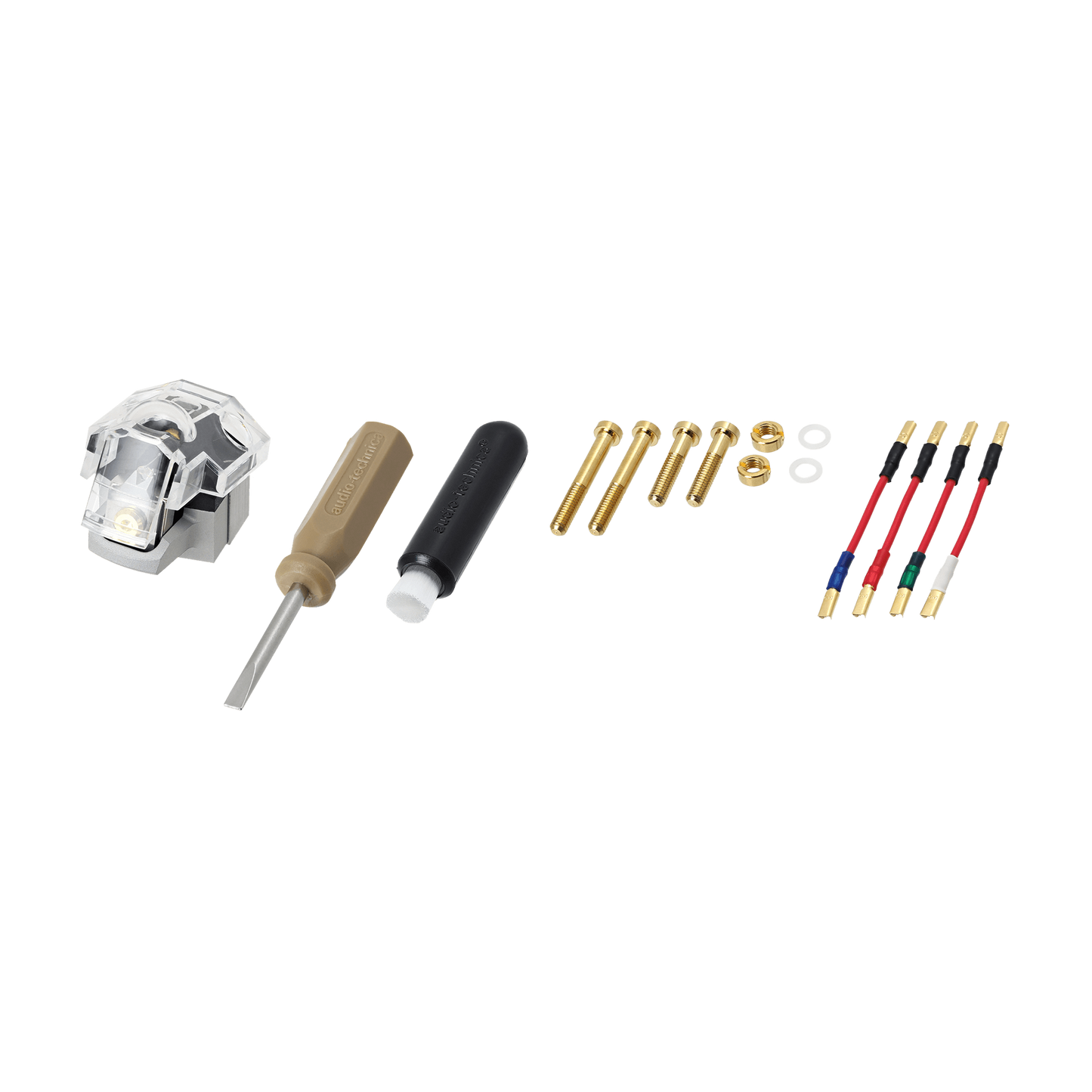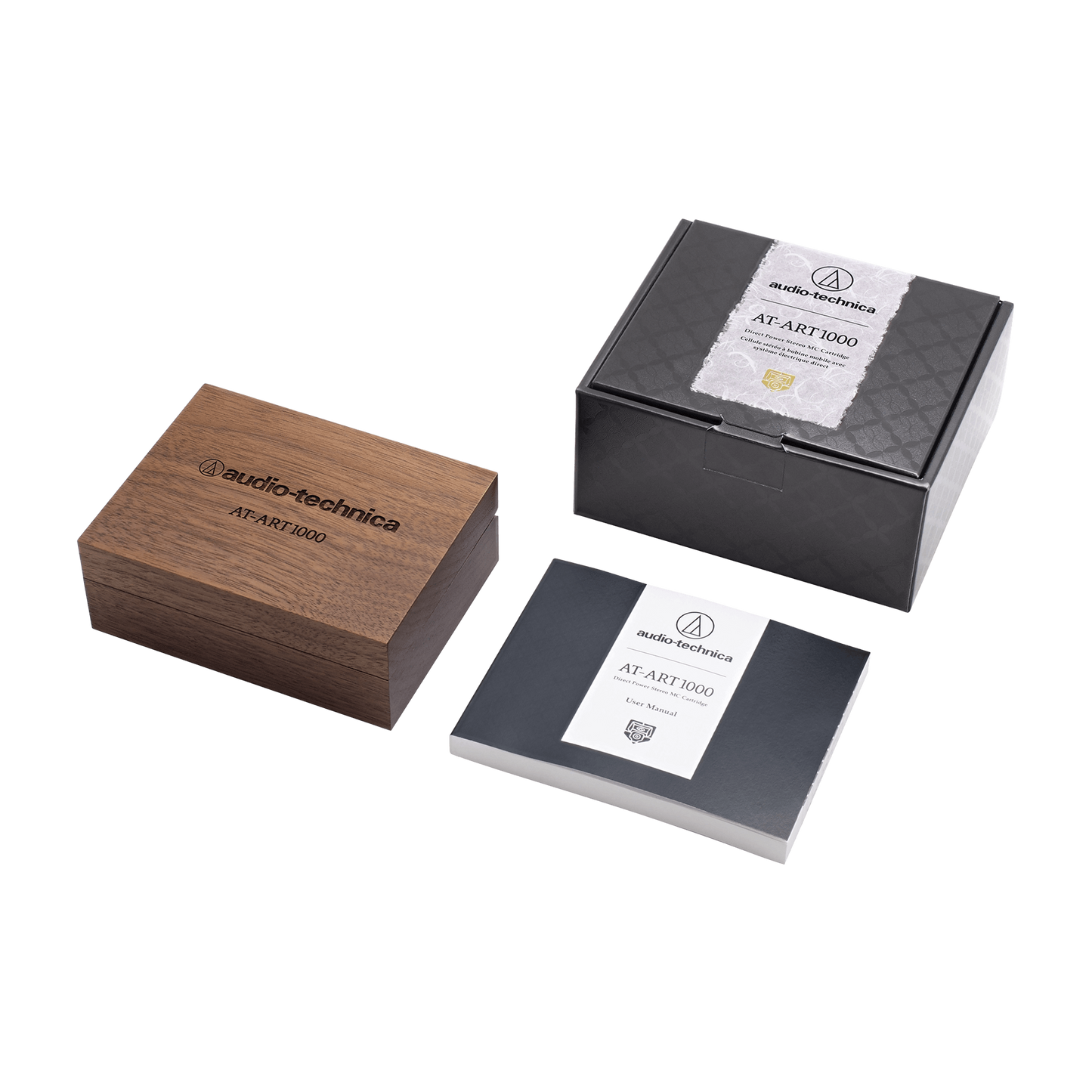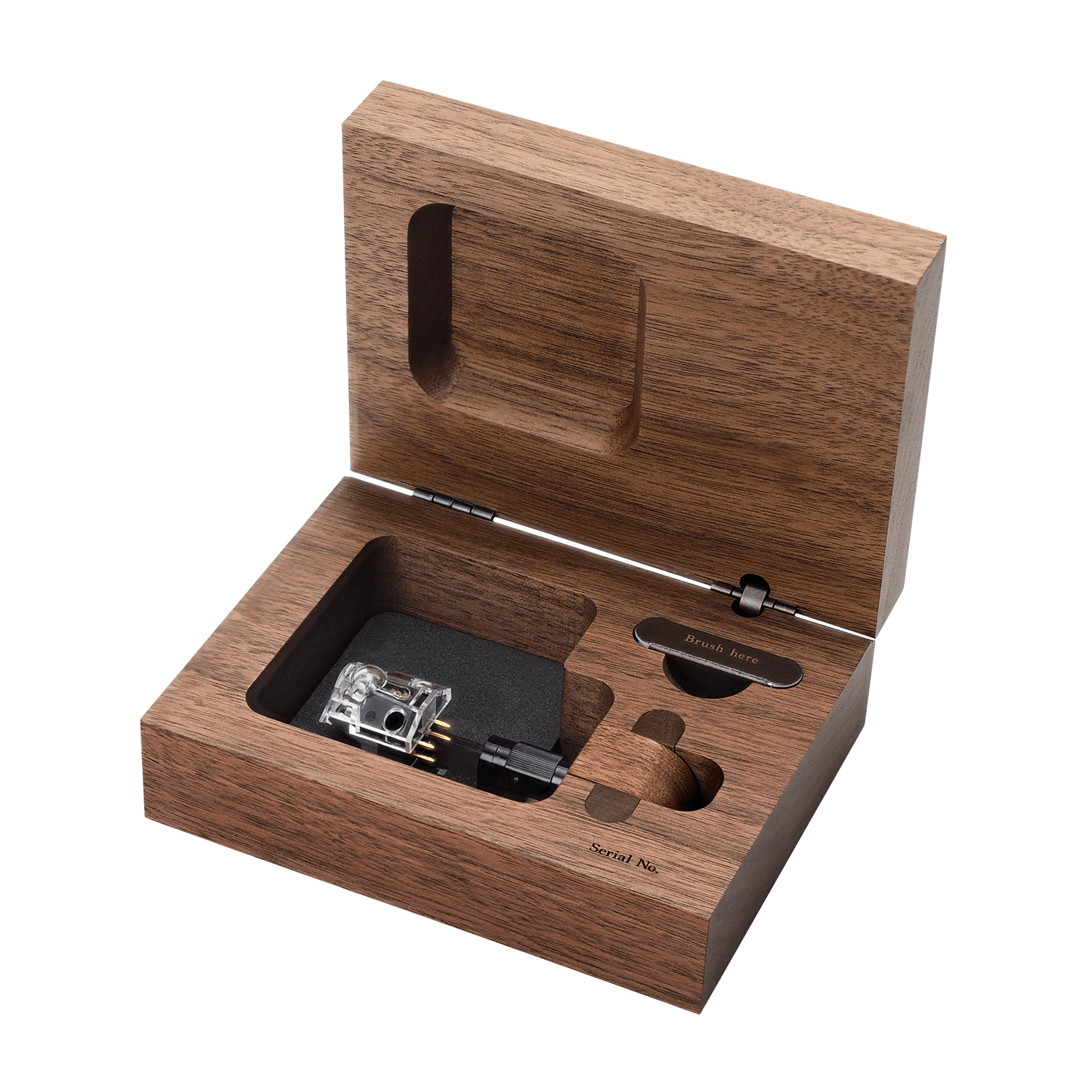Audio-Technica - AT-ART1000 Direct Power Stereo MC Cartridge
Audio-Technica - AT-ART1000 Direct Power Stereo MC Cartridge
Abholung bei The 'In' Groove verfügbar
Gewöhnlich fertig in 1 Stunde
Overview
The AT-ART1000 (“ART” for Audio-Technica Reference Transducer) is Audio-Technica’s flagship phono cartridge, handmade in Japan. Born of the pursuit of audio excellence that has driven A-T for more than 60 years, the AT-ART1000 introduces an innovative, audiophile design heretofore unseen in mass-produced cartridges.
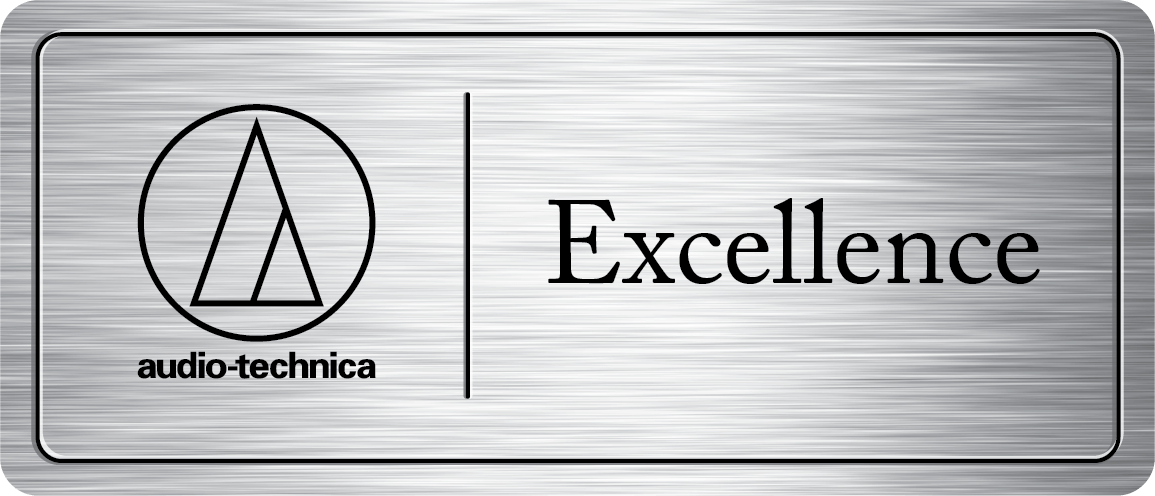
The AT-ART1000 has been designated an Audio-Technica Excellence Product, a recognition that identifies products that meet our highest standards of high-fidelity performance.
The cartridge’s direct power system places the dual moving coil directly on top of the stylus tip, ensuring that the audio quality does not suffer the negative effects normally introduced by the cantilever's length and material type. Having the coils move in such close proximity to the stylus tip allows the cartridge to vividly render even the most subtle sonic details and provide unsurpassed transient response.
Each of the cartridge’s two coils is constructed of 20 ìm diameter PCOCC (Pure Copper by Ohno Continuous Casting) wire, wound eight turns to a diameter of 0.9 mm to create a non-magnetic core coil. The 3-ohm coils are placed in the tiny 0.6 mm gap of a powerful magnetic circuit, enabling each coil to generate an output voltage of 0.2 mV.
The AT-ART1000 features the same high-performance line contact stylus and solid boron cantilever found in the AT-OC9/III, enabling the cartridge to faithfully trace the record groove and reliably transfer the signal to the coils. The base that supports the specialized magnetic circuit and vibration system is made from titanium. This sturdy base is instrumental in providing consistent playback, and works in combination with the cartridge’s hard plastic cover and aluminum housing to disperse resonance that negatively affects the sound quality.
Please Note: AT-ART1000’s stylus assembly is not field-replaceable, but Audio-Technica offers a fee-based Moving Coil Exchange Program to properly service your moving coil cartridge.
Features
- Innovative direct power system delivers unsurpassed transient response, resulting in reproduction of even the most subtle sonic details
- Special line contact stylus and solid boron cantilever with a 0.26 mm diameter ensure an extremely accurate reading of the record groove
- Non-magnetic core coils provide exquisite, full-dimensional audio reproduction
- Powerful neodymium magnet and exclusive magnetic circuit with a miniscule 0.6 mm magnetic gap provide remarkably efficient power generation
- Magnetic circuit’s titanium base works in combination with the cartridge’s hard plastic cover and aluminum housing to disperse unwanted resonance
- PCOCC (Pure Copper by Ohno Continuous Casting) coil enables pure signal transfer
| Cartridge & Stylus | |
|---|---|
| Frequency Response | 15-30,000 Hz |
| Channel Separation | 30 dB (1 kHz) |
| Vertical Tracking Angle | 21 degrees |
| Vertical Tracking Force | Specified for each individual cartridge (refer to “Tracking force information” included with the cartridge) |
| Stylus Construction | Nude Rectangular Shank |
| Recommended Load Impedance | Min. 30 ohms (when head amplifier is connected) |
| Coil Impedance | 3 ohms (1 kHz) |
| DC Resistance | 3 ohms |
| Coil Inductance | 1 μH (1 kHz) |
| Output Voltage | 0.2 mV (at 1 kHz, 5 cm/sec) |
| Output Channel Balance | 0.5 dB (1 kHz) |
| Stylus Shape | Special Line contact |
| Cantilever | 0.26 mm diameter solid boron |
| Static Compliance | 30 x 10 – 6 cm / dyne |
| Dynamic Compliance | 12 x 10 – 6 cm / dyne (100 Hz) |
| Mounting | Half-inch |
| Dimensions | 17.3 (H) x 17 (W) x 25.5 (L) mm |
| Accessories Included | Non-magnetic screwdriver; washer (× 2); protector; nut (× 2); cartridge installation screws (12 mm × 2, 18 mm × 2); brush; PCOCC lead wire set |
| Body Material | Aluminum/Titanium |
| Mounting Feature | Half-inch mount |
| Stylus Curvature Radius | 1.5 x 0.28 mil |
| Terminal Pins | Brass |
| Type | Direct Power System |
| Weight | 11 g |
| Wire Used for Coil | 20 μm Ø PCOCC |
| Notes | Note: Moving coil cartridges require receivers or preamps with compatible inputs; their stylus assemblies are not field-replaceable. |










